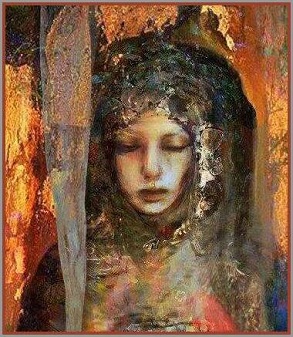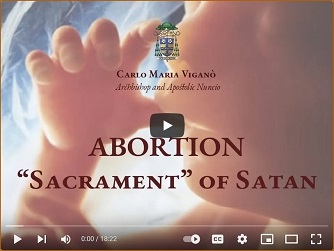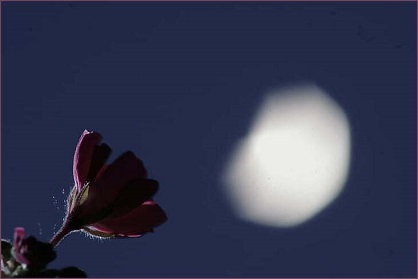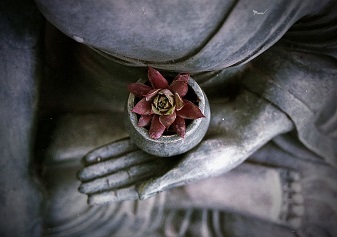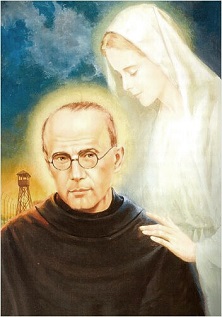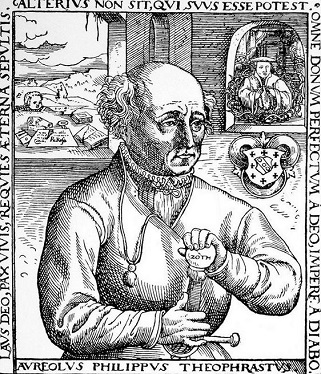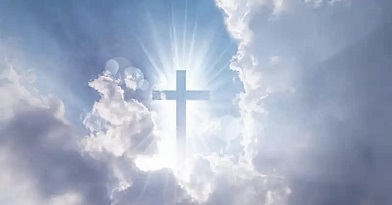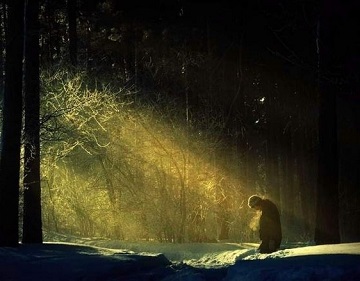Milk and Cookies
Schuyler Ebbets
My parents met in Manhattan New York on the subway. My mother worked as an executive secretary in one of New York's many skyscrapers and my father was a draftsman designer at the Dealavalve Separator company. After getting married they rented a small apartment in Greenwich Village New York and soon after that, I was born. My parents were talented professionals and nonconformists and reveled in the beatnik scene so prevalent in Greenwich Village during the fifties. Eventually, my father landed a job working for Electric Boat near Groton Connecticut, drawing the plans for America's first nuclear submarine, the Nautilus. What began as a very good job soon turned into a lucrative career drawing and designing America's entire submarine fleet.
So my mother quit her job in New York and they bought their first home in New London, Connecticut. I remember as a five-year-old child going with my parents to look at different houses along the rocky Connecticut coastline. Eventually, they found a house they liked with an unusual stretch of beautiful white sand beach. Our home on the beach attracted many interesting people. The house was always full of guests on the weekends and the gatherings often became parties with loud music, drinking, and dancing late into the night. I had an exceptionally interesting childhood surrounded by my brother's friends from prep school and Harvard and my parent's friends. There were several young submarine crewmen and their girlfriends who came to visit. My father became acquainted with them while inspecting their ships for his employer Electric Boat. My father had been a lieutenant in the navy and enjoyed an instant rapport with the young crewmen.


